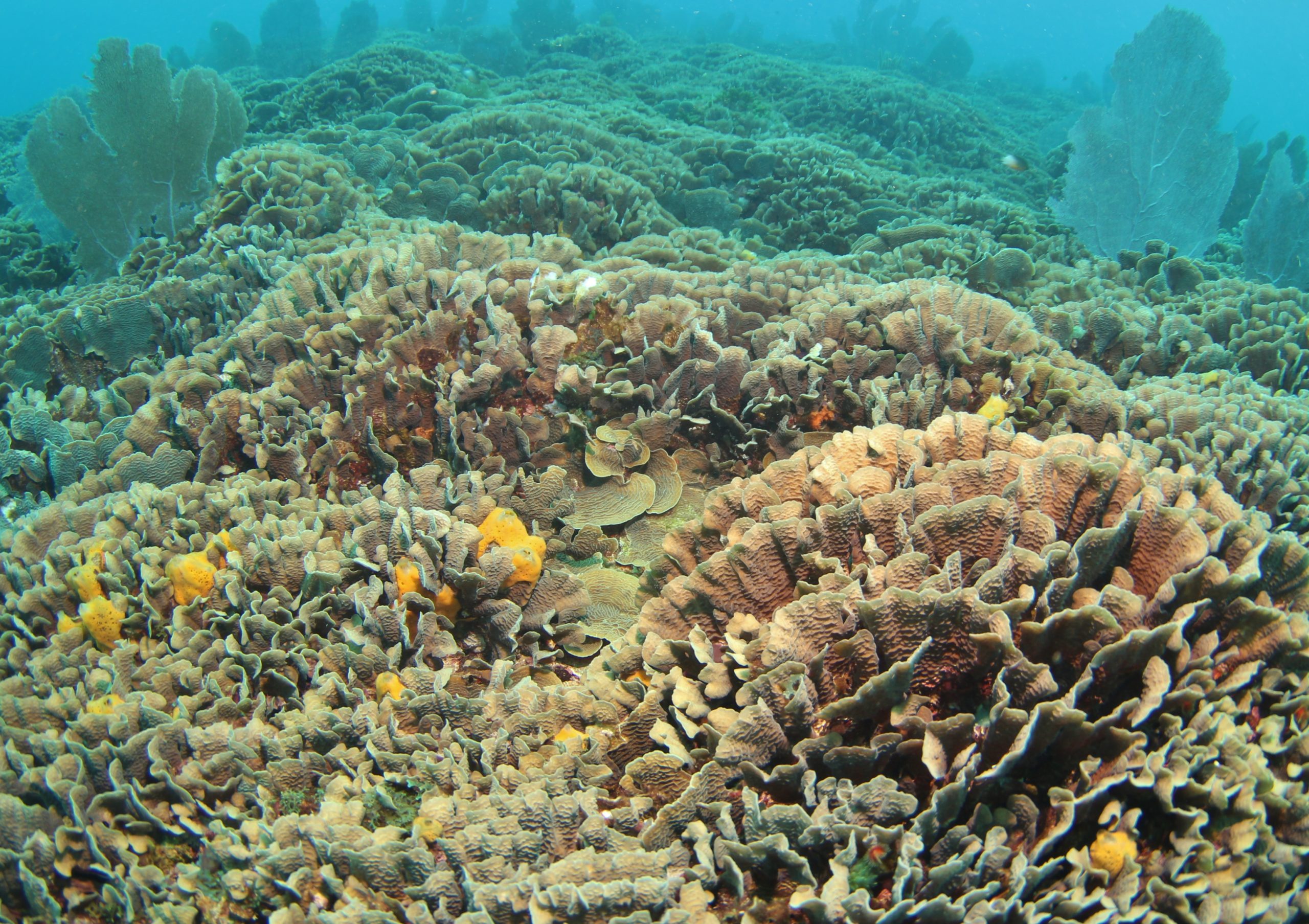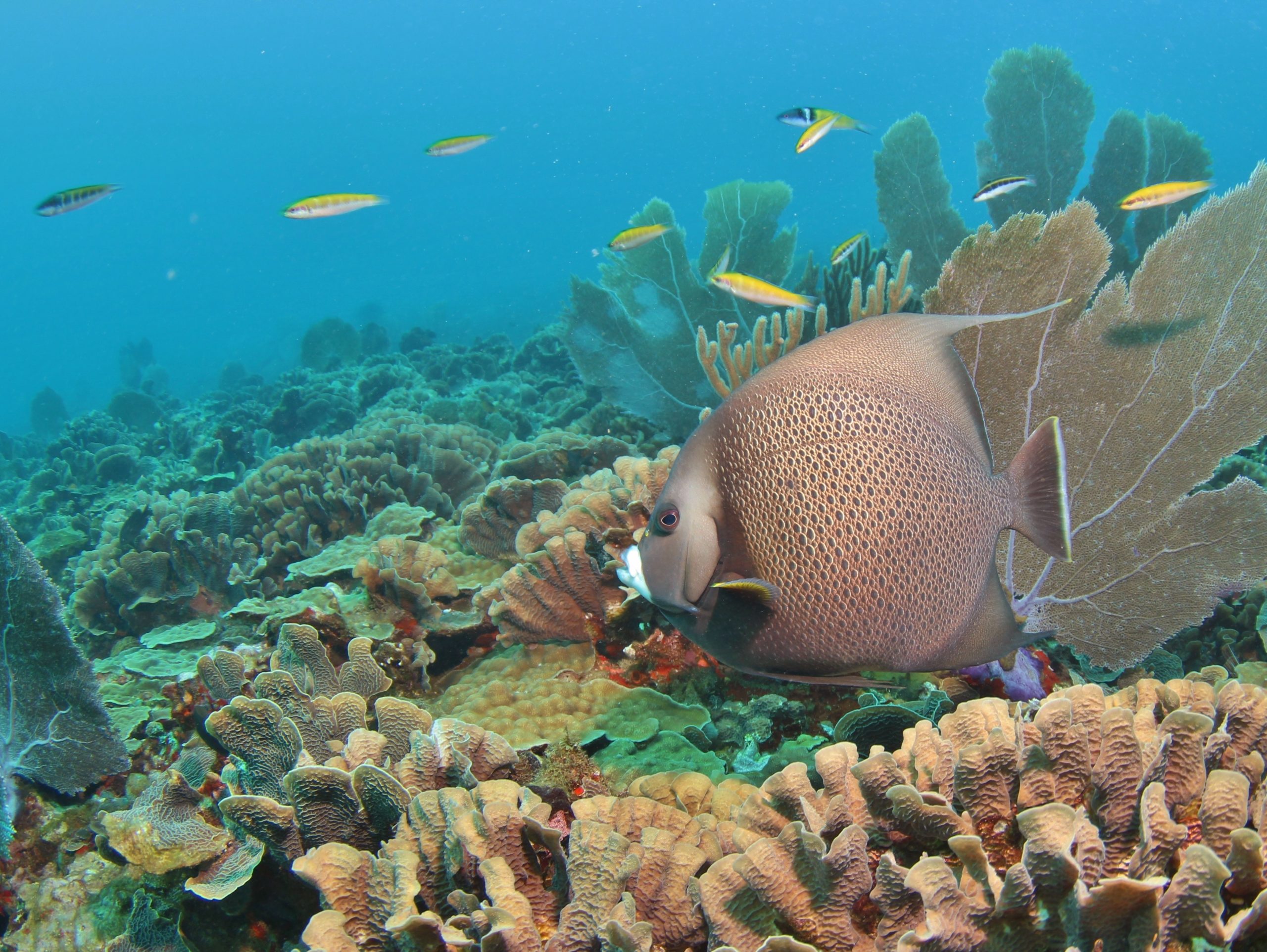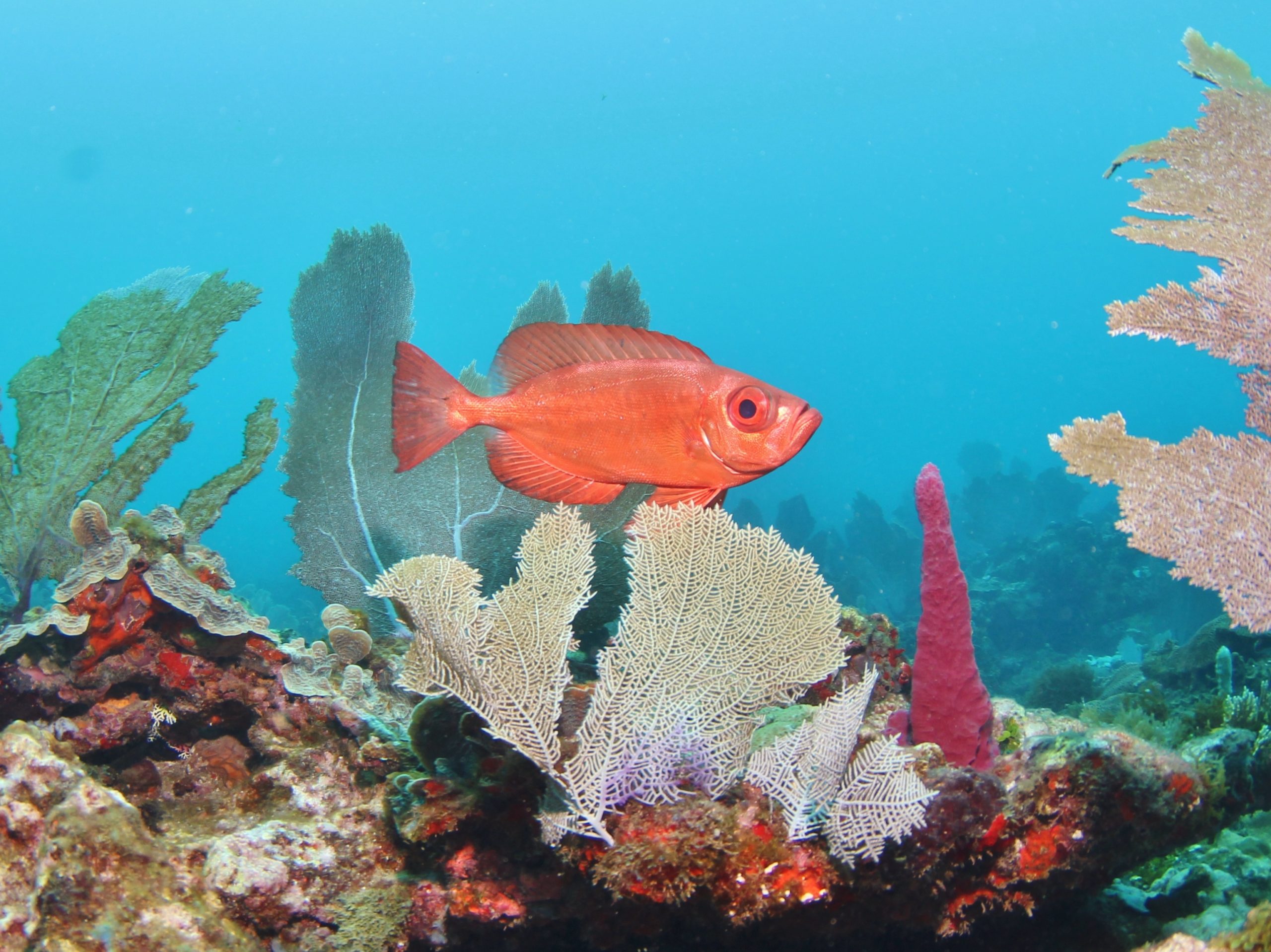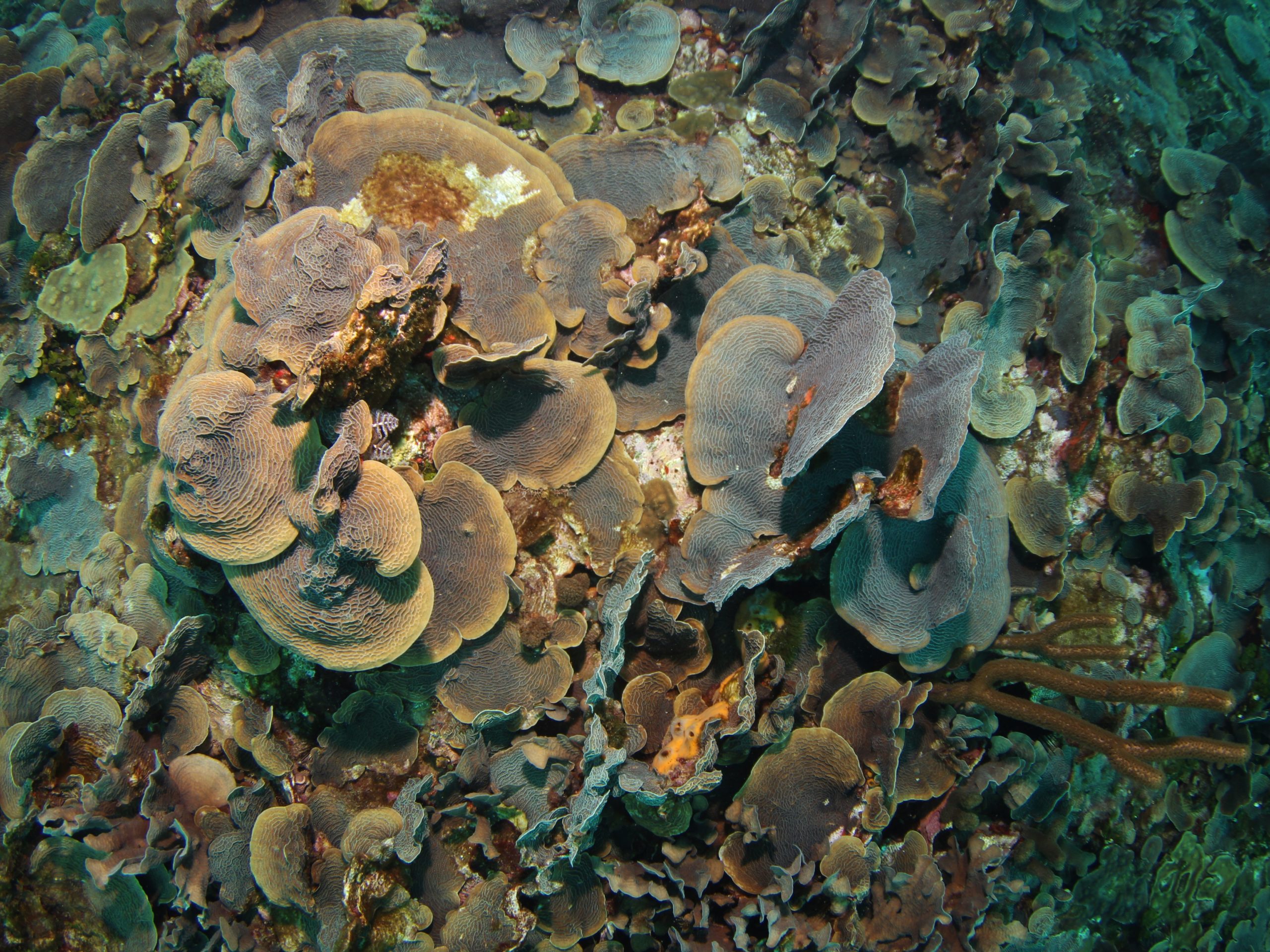Last year, over 190 countries came together in France for the 21st session of the Conference of the Parties (COP 21). They negotiated the Paris Agreement—a global agreement on limiting global warming. It was a great example of setting ambitious policy to protect our natural resources.
COP 21 has been a popular topic at this year’s International Coral Reef Symposium (ICRS), the theme of which is bridging science with policy. It’s an important topic—how can we build a stronger partnership between scientists and policy makers to protect coral reefs?

For example, the parties at COP 21 vowed to pursue efforts to limit global warming to under 2.0oC; however, according to Dr. Janice Lough in this morning’s plenary session, a 1.5oC increase in temperatures would have drastic effects on coral reefs. Using data from a variety of sources, Dr. Lough showed that our Earth has already warmed by 1.0oC since the early 1800s. Given that we’ve just witnessed some of the worst coral bleaching in history and that we haven’t hit the 1.5oC mark yet, people are understandably worried.
In this instance we definitely need to bridge the gap between science and policy—we need more scientists like Lough to stand up and say that a 2.0oC goal isn’t good enough, and we need policy makers who will listen and respond.

There’s a piece missing to that though, and one that we can’t ignore. Local communities are the ones that depend on coral reefs and that will suffer the most if we lose our reefs. They aren’t the ones going to conferences like COP 21 though, and they aren’t always the ones conducting the scientific research. How do we make sure their voices are heard, and their resources are protected? How can we help these communities be strong and resilient in the face of these looming global shifts?

We can do what we at CORAL do best—we can help them manage their natural resources. We can continue working in places like Fiji, where we’ve helped the Kubulau community autonomously manage the Namena Marine Reserve. We can continue supporting communities in Bali with their efforts building locally-managed marine protected areas (MPAs). We can continue working with our partners around the world to ensure communities benefit socially, financially and culturally from conservation. As numerous talks at ICRS have pointed out, strong management that effectively reduces local threats can buy corals the time they need to adapt to changing environmental conditions.
